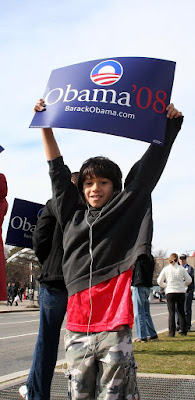Here's a story you can't help but have a little fun with--farting in school. Kids fart a lot, and boys and guys especially seem to enjoy the disruption it can cause. But adults are just as capable of causing an even bigger disruption, because sometimes the illegality imposed onto even natural behaviors of youth is not so much an issue of fining the average chalk drawing on the driveway or upholding a strict 6pm curfew. Sometimes it comes through with just the right mixture of incompetence and abuse of law enforcement.
There's a law saying kids can't have sex or drink, so one can see how such things can be enforced. There's no law against causing a disruption in a school unless you're talking about delinquency. Discipline is normally enforced by the school for minor behavior problems. But what happens when incompetent school authorities, unquestioning coppers, and substandard school lunches collide? Something asinine:
Too funny, but true.
There's a law saying kids can't have sex or drink, so one can see how such things can be enforced. There's no law against causing a disruption in a school unless you're talking about delinquency. Discipline is normally enforced by the school for minor behavior problems. But what happens when incompetent school authorities, unquestioning coppers, and substandard school lunches collide? Something asinine:
NOVEMBER 21--A 12-year-old Florida student was arrested earlier this month after he deliberately passed gas to disrupt the class," according to police. The child, who was also accused of shutting off the computers of classmates at Stuart's Spectrum Jr./Sr. High School, was busted November 4 for disruption of a school function.Bottom line, this is school misbehavior, no need to call the cops in. Just another example of the school to prison pipeline in action in the age of Zero-Tolerance. The disturbing new way to eat up our law enforcement officers' resources and time in the effort to assume behavioral responsibility for kids who fart too loudly during school. Next time he'll just have to be quieter, seeing as kids currently have no rights to free speech, what other way does he have to voice his dissent?
A Martin County Sheriff's Office report, a copy of which you'll find linked, notes that the 4' 11" offender admitted that he "continually disrupted his classroom environment by breaking wind and shutting off several computers." The boy, whose name was redacted from the police report released today, was turned over to his mother following the arrest. The young perp turned 13 on November 15.
Too funny, but true.

